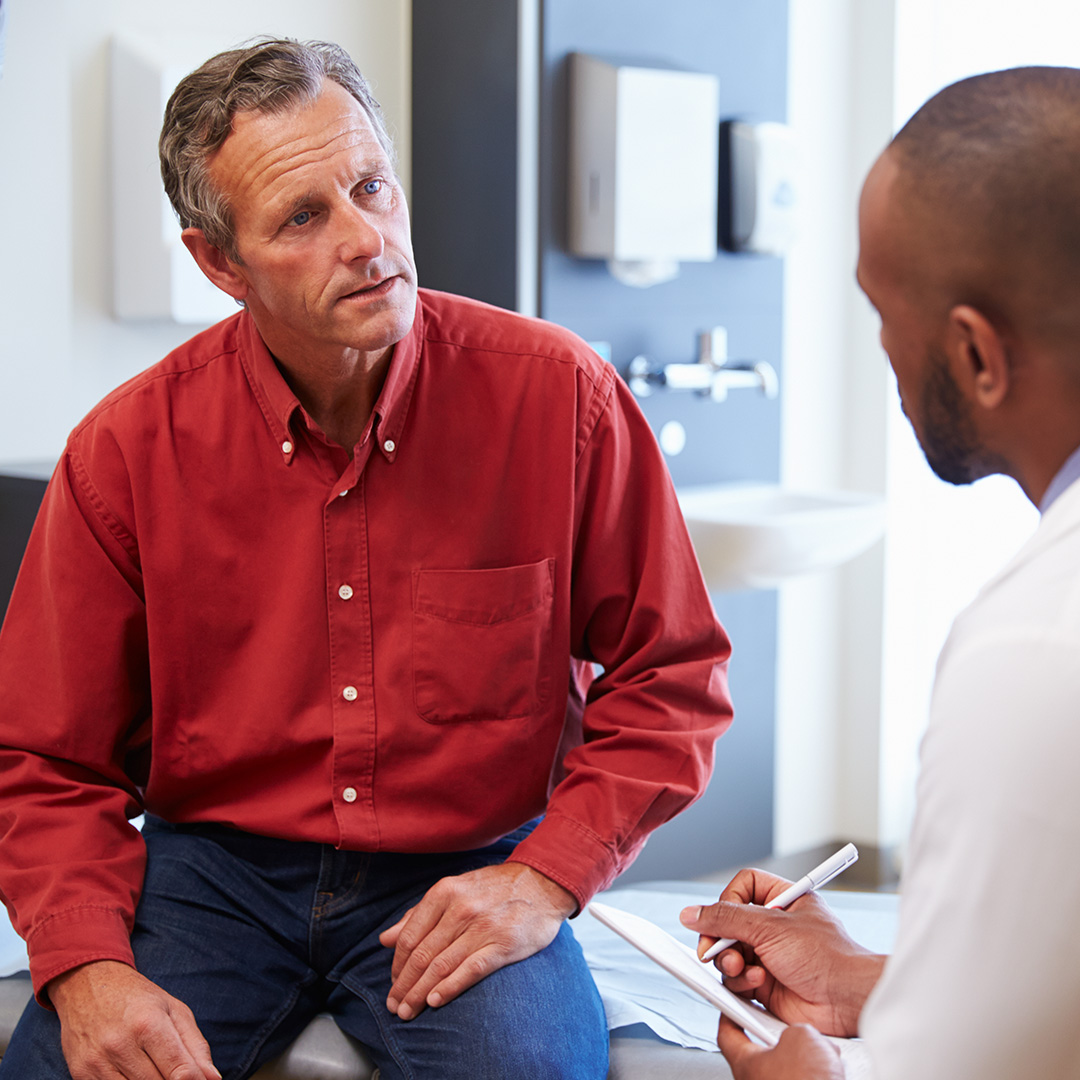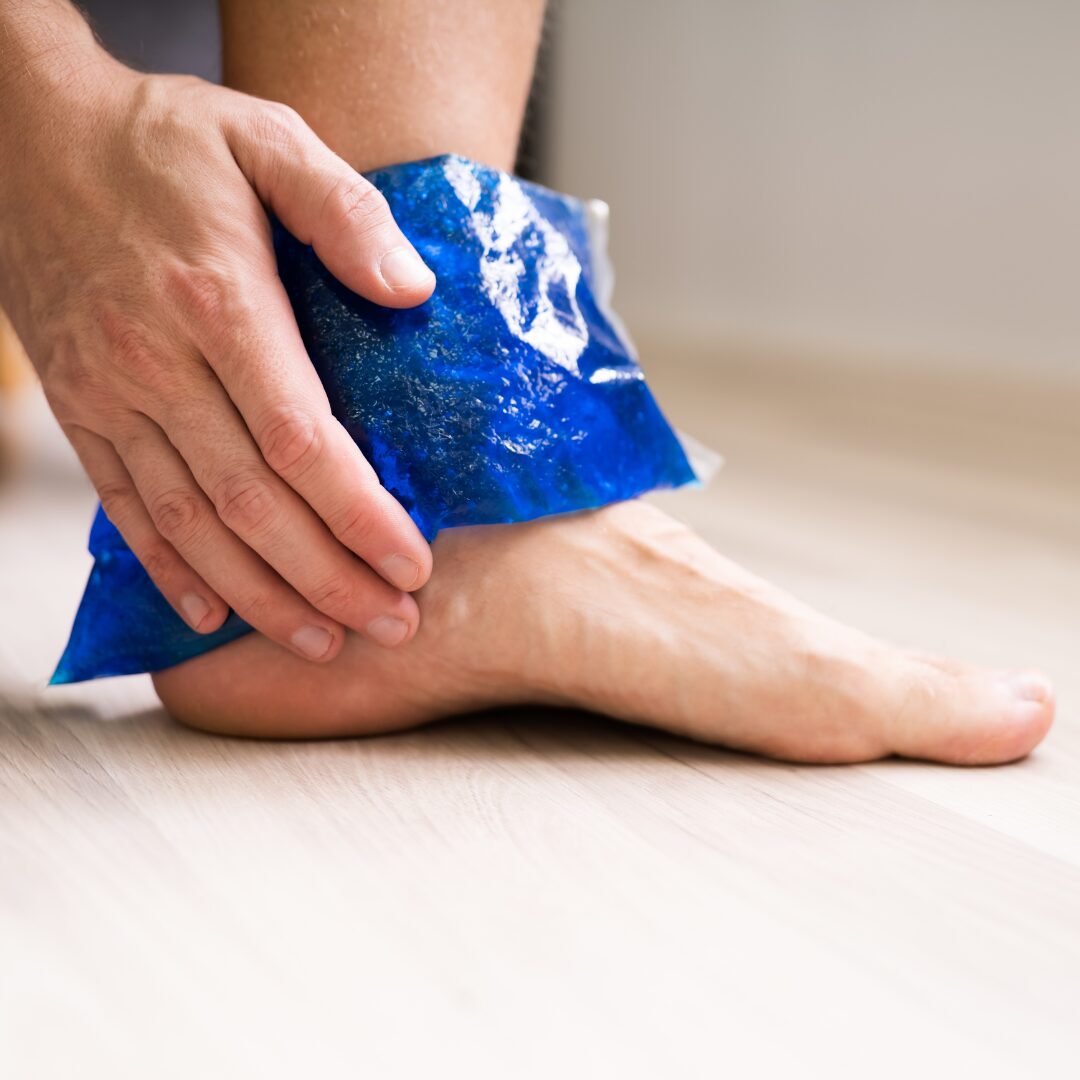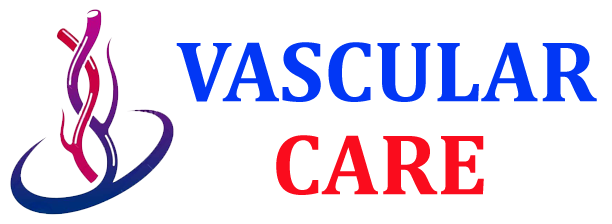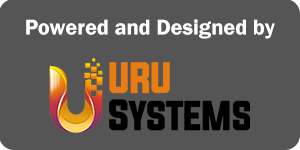Kidney Disease / Dialysis
Get Advanced Treatment and Care After A Kidney Disease Diagnosis
Kidney disease is a serious condition that affects millions of people worldwide. At Vascular & Interventional Specialists, our team of medical experts is dedicated to providing the best possible care to our patients throughout South Dakota, Nebraska and Iowa, and that includes educating them about the causes, symptoms, and treatment options for kidney disease. Find a location and get the care you need when it matters most.
What Is Kidney Disease?
Causes of Kidney Disease
Acute kidney disease is when your kidneys suddenly stop working. If left untreated, this can develop into chronic kidney disease or kidney failure. The initial causes of acute kidney disease include:
- Incidents that cause damage or loss of blood flow to the kidneys
- Some infections, such as urinary tract infections
- Urine backed up in the kidneys
- High blood sugar levels
- Conditions like lupus and IgA nephropathy, which cause inflammation and damage to the kidneys


Am I At Risk of Kidney Disease?
- Diabetes
- High blood pressure
- Family history of kidney disease
- Age (risk increases with age)
- Obesity
- Smoking
- Cardiovascular disease
Signs and Symptoms of Kidney Disease
Since you have two kidneys and they are very adaptive, it can be hard to spot kidney disease as symptoms will develop slowly over time. Some of the most common symptoms include:
- Fatigue
- Swelling in the legs, ankles, feet, or face
- Foamy urine
- Blood in the urine
- Increased or decreased urination
Regular screenings with your vascular and interventional specialist can help spot signs of kidney damage early before symptoms have progressed into chronic kidney disease.

Diagnosis
Complications
Treatment and Prevention of Kidney Disease
The treatment for kidney disease will depend on the underlying cause and the stage of the condition. The experts at VIS specialize in targeted, minimally invasive treatments using interventional radiology. Our treatment options can help decrease pressure on the kidneys and reduce the risk of further damage.
Preventing kidney disease involves making healthy lifestyle choices, such as:
- Maintaining a healthy weight
- Exercising regularly
- Eating a balanced diet low in sodium and sugar
- Managing underlying health conditions like diabetes and high blood pressure
- Not smoking

Please Call Your Vascular Specialist to Schedule an Appointment
At Vascular & Interventional Specialists, we understand the importance of early detection and treatment for kidney disease. If you are experiencing symptoms or have risk factors for kidney disease, don’t hesitate to schedule an appointment with one of our experienced physicians. We are here to help you stay healthy and live your best life.
If you are experiencing chest pain or tenderness, back pain, persistent hoarseness when speaking, cough or shortness of breath, difficulty breathing, weakness or paralysis on one side of the body, sharp pain in your upper back that radiates downward, or pain in the chest, jaw, neck, or arms, seek urgent medical attention by dialing 911.



